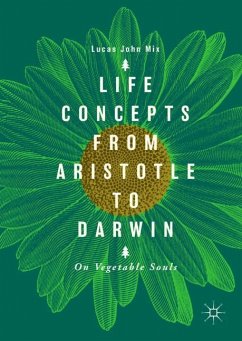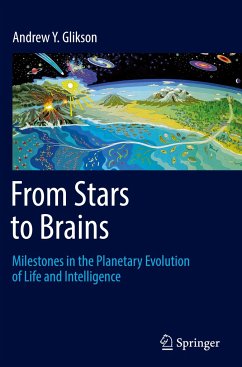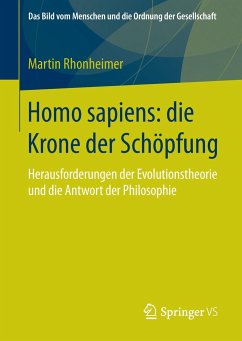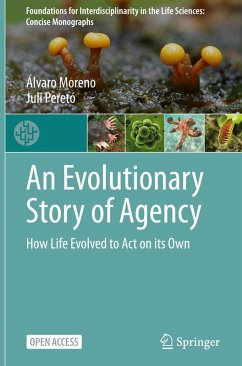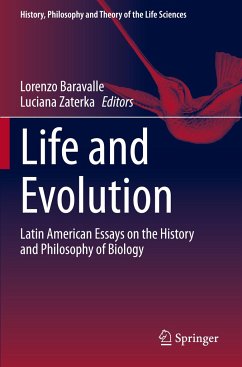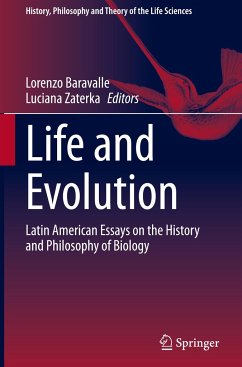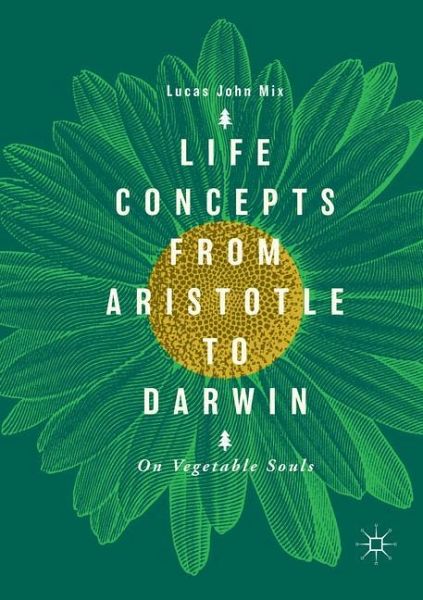
Life Concepts from Aristotle to Darwin
On Vegetable Souls
Versandkostenfrei!
Versandfertig in 6-10 Tagen
38,99 €
inkl. MwSt.
Weitere Ausgaben:

PAYBACK Punkte
19 °P sammeln!
This book traces the history of life-concepts, with a focus on the vegetable souls of Aristotle, investigating how they were interpreted and eventually replaced by evolutionary biology. Philosophers have long struggled with the relationship between physics, physiology, and psychology, asking questions of organization, purpose, and agency. For two millennia, the vegetable soul, nutrition, and reproduction were commonly used to understand basic life and connect it to "higher" animal and vegetable life. Cartesian dualism and mechanism destroyed this bridge and left biology without an organizing p...
This book traces the history of life-concepts, with a focus on the vegetable souls of Aristotle, investigating how they were interpreted and eventually replaced by evolutionary biology. Philosophers have long struggled with the relationship between physics, physiology, and psychology, asking questions of organization, purpose, and agency. For two millennia, the vegetable soul, nutrition, and reproduction were commonly used to understand basic life and connect it to "higher" animal and vegetable life. Cartesian dualism and mechanism destroyed this bridge and left biology without an organizing principle until Darwin. Modern biology parallels Aristotelian vegetable life-concepts, but remains incompatible with the animal, rational, subjective, and spiritual life-concepts that developed through the centuries. Recent discoveries call for a second look at Aristotle's ideas - though not their medieval descendants. Life remains an active, chemical process whose cause, identity, and purpose is self-perpetuation.





